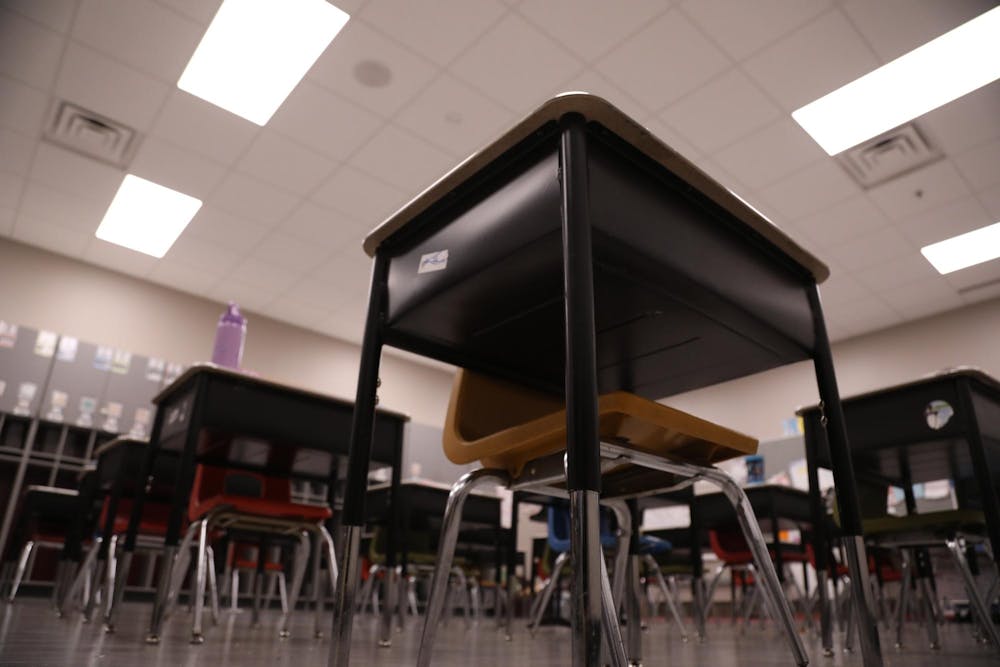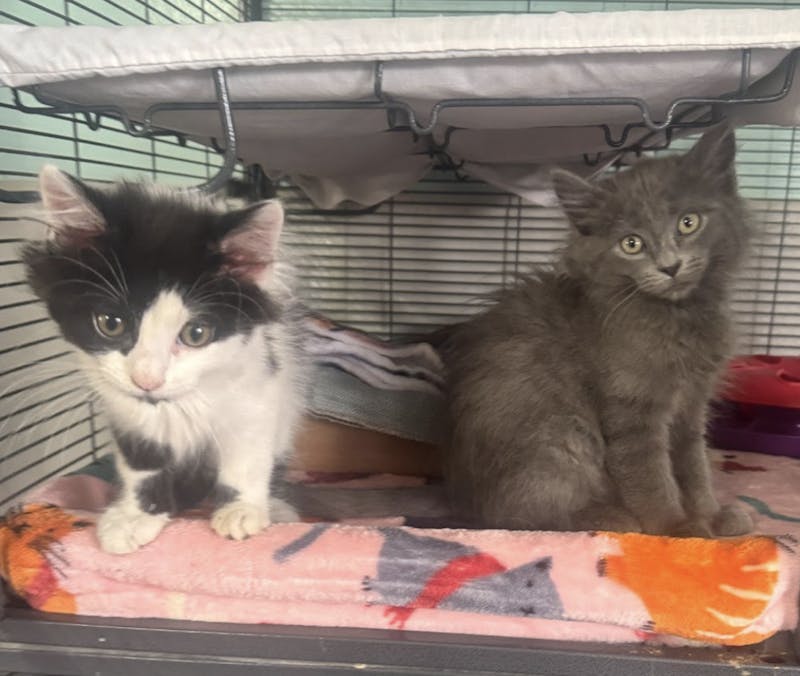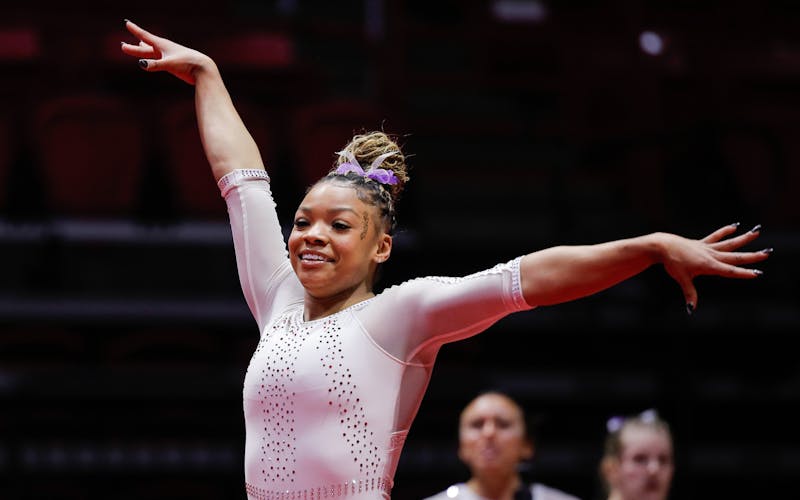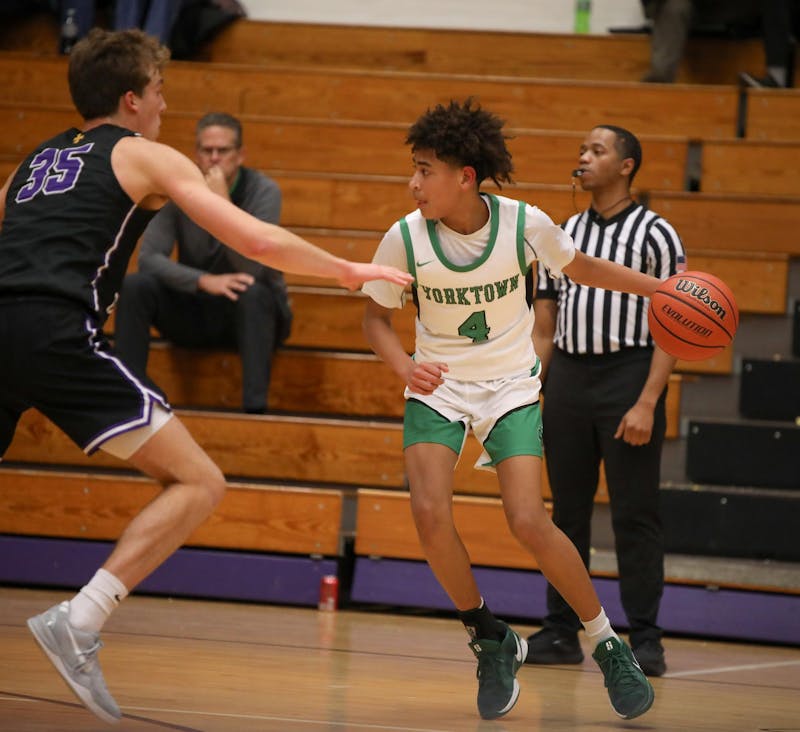Olivia Ground is a fourth-year advertising major and writes “Liv, laugh, love” for the Daily News. Her views do not necessarily reflect those of the newspaper.
I come from generations of teachers before me. My great-great-grandparents were teachers, my grandmother was a teacher and my mom is a teacher. I grew up in school; empty classrooms in the summertime served as playrooms and empty desks served as multi-level apartment complexes for “Littlest Pet Shops” and “Barbies.” My mom’s teacher friends were second families to me, and I grew up pretending like I wasn’t listening in on the “teacher tea,” even though they could totally tell I was.
It is this deeply rooted love and respect for educators that has shaped my love for education and access to public education. When it came time to decide what I wanted to do as a career, teaching wasn’t in the cards for me.
It is because of my deep connection with education that I find myself incredibly frustrated with the way our state and national lawmakers continue to disrespect and undermine our K-12 public education system and its educators.
One of my favorite shows right now is “Abbott Elementary.” In the show, there is a scene of an older teacher and a younger teacher having a conversation, and something that the older teacher said has stuck with me to this very day.
“Teachers at a school like Abbott ... We have to be able to do it all. We are admin. We are social workers. We are therapists. We are second parents. Hell, sometimes, we're even first … Why? Heh,’ it sure ain't the money.”
My mom didn’t teach at an inner-city school with predominantly Black students, she taught at a rural school with predominantly white students. But I think that despite these census-level differences, the notion remains true.
Lawmakers rarely understand what teachers go through. They do not know what it is like to be my mother — to spend her own money on classroom supplies and snacks to ensure every kid can eat, and spend weekends and summers working on schoolwork. She’s one of the lucky few to receive pay over the summer break.
My mother has traveled hours to visit students of hers in hospitals. She goes to choir concerts, band concerts and musical performances she doesn't have to be at, just so her students know someone showed up for them. The kindness I try to show everyone in my life was learned from watching her do the parts of teaching that extended beyond her lesson plans.
I know she is not the only teacher in this state who would do that for her kids.
Despite the fact that these lawmakers do not understand the importance of public education teachers in this state, they continue to put out bills that will harm not only public education but also the educators who are putting in the work day in and day out with the hope that maybe they can impact the future generations for the better.
Bills like Indiana HB 1136 threaten to dissolve the Indiana public school system, replacing a number of its schools with charter schools.
In my personal opinion, as someone who is a proud product of public education, charter schools growing in popularity is harmful to the public education system.
According to the Harvard Graduate School of Education, charter schools are an unfortunate consequence of a discriminatory practice of school segregation. Public schools are paid for by tax dollars. So, theoretically, if you pay taxes and have children, your taxes are funding the public schools your student attends. In theory, this would ensure that every student has access to a public education without having to pay for school.
However, charter schools get to tap into this pot of public school funds while actively turning away students, labeling it a “lottery system." Charter schools often take funds away from public schools, which are arguably already underfunded.
For students living in poor communities — like many of the communities that will be affected by HB 1136 — this removes the opportunity for an equitable and fair education. This also adds burdens to our educators. They have less money to use to teach, more intense levels of competition and less funding for schools that continue to have decreases in attendance.
On a national scale, K-12 education and educators are still the subject of legislative disrespect.
Present in his first term, and making its way back to the drawing board in his second term, President Donald Trump is continuing to advocate for more government-funded and supported school choice programs, providing scholarships to students to go to private schools or schools out of their district. By doing this, it is once again taking funding away from public educators and public education.
And this does not even begin to include the additional pressures we put on teachers, expecting them to act as a front-line defense for their students in anticipation of school shootings. We are freely letting Immigration and Customs Enforcement enter schools.
Teachers are expected to teach to a standardized test, one that often is not accessible or equitable in practice and content. Teachers are held to standards of how many of their students pass, making teachers and students simply numbers and scores rather than unique beings with different learning needs.
Did I mention that it has been made clear multiple times that President Trump is looking to entirely get the Department of Education at a national level, according to the Associated Press?
These are things that should have never been the responsibility of educators, but rather the responsibility of the legislative bodies that serve teachers.
I have never understood why educators, especially those in the public education system, are short of receiving respect from lawmakers and those with money-moving power. At the end of the day, there would be no presidents, senators or billionaires if there hadn’t been an educator somewhere in their life.
My mom, and any other educator I have ever connected with in my life, has shown me time and time again what resilience looks like. They have shown me what kindness is and what it means to positively contribute to your community and the lives of others.
Public education and its educators are a sacred institution of our society, and it's important we protect them from overreaching and overbearing governments that have little-to-no educational experience. It is important that as we continue to strive for every generation to improve and grow into one better than the one that came before it, we have to protect public education and educators.
If you find yourself reading this and wonder how you can aid public education, I implore you to register and vote when the time comes. Connect with educators in your life, be an engaged citizen in your local school board and defend the education system so that every child can continue to have access to a public education.
Contact Olivia Ground via email at olivia.ground@bsu.edu





The Daily News welcomes thoughtful discussion on all of our stories, but please keep comments civil and on-topic. Read our full guidelines here.